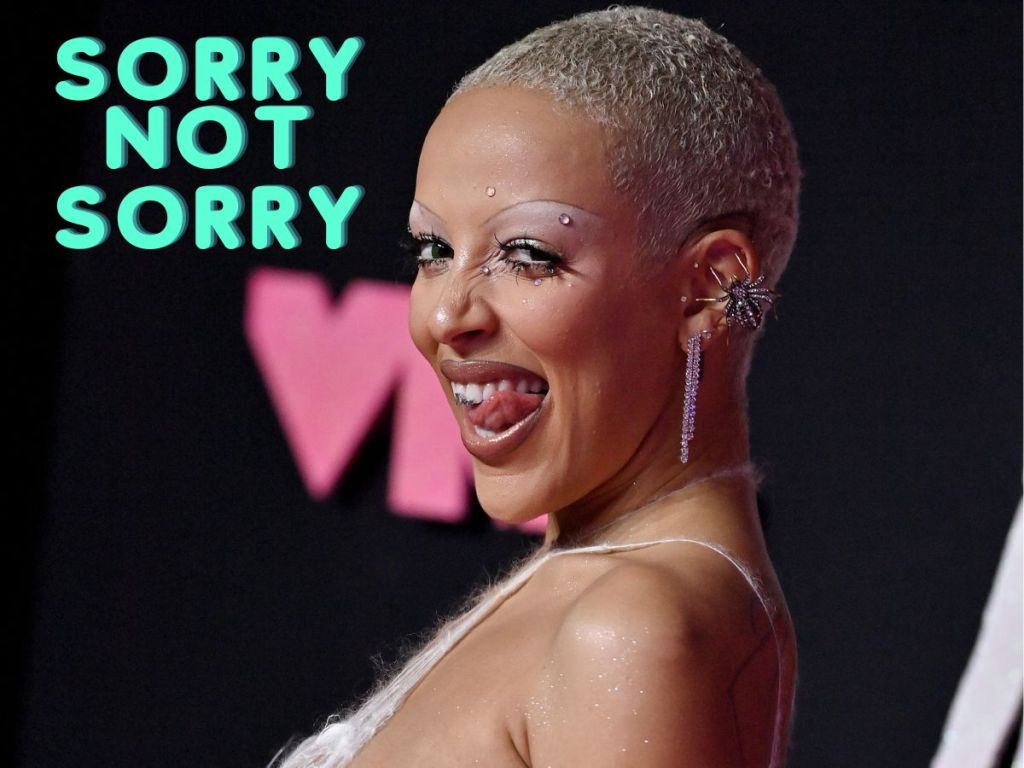
Top 10 Celeb Apologies Accused of Being Written by AI: Matty Healy, Doja Cat, Joe Rogan, and Elon Musk
1 min read
Disclaimer
This article is for general information purposes only and isn’t intended to be financial product advice. You should always obtain your own independent advice before making any financial decisions. The Chainsaw and its contributors aren’t liable for any decisions based on this content.




